Pickleball taking American sports world by storm
Major League Pickleball adviser Anne Worcester shares what makes Pickleball a unique sport while ‘Fox & Friends Weekend’ co-hosts Will Cain and Pete Hegseth play a game on Fox Square.
Many American kids are participating in multiple team sports today. Yet they're not only navigating packed daily schedules, they're dealing with high stress levels.
While participation in team sports has been associated with better mental health in children, parents must take care to avoid becoming critical or over-involved in their children’s sports experience, according to findings from the University of Italy published last year in the International Journal of Environmental Research and Public Health.
"Our findings suggest that excessive parental involvement can cause pressure on children who would prefer parental participation characterized by praise and understanding," the study indicated.
THE BIGGEST MISTAKES PARENTS MAKE WHEN THEIR KIDS PLAY TEAM SPORTS
"A balance between a [supportive] involvement without putting too much pressure is needed by the parents," it added.
Jason Sacks, president of Positive Coaching Alliance in San Francisco, said this pressure on kids can be blamed in part on today's "win-at-all-costs" culture.
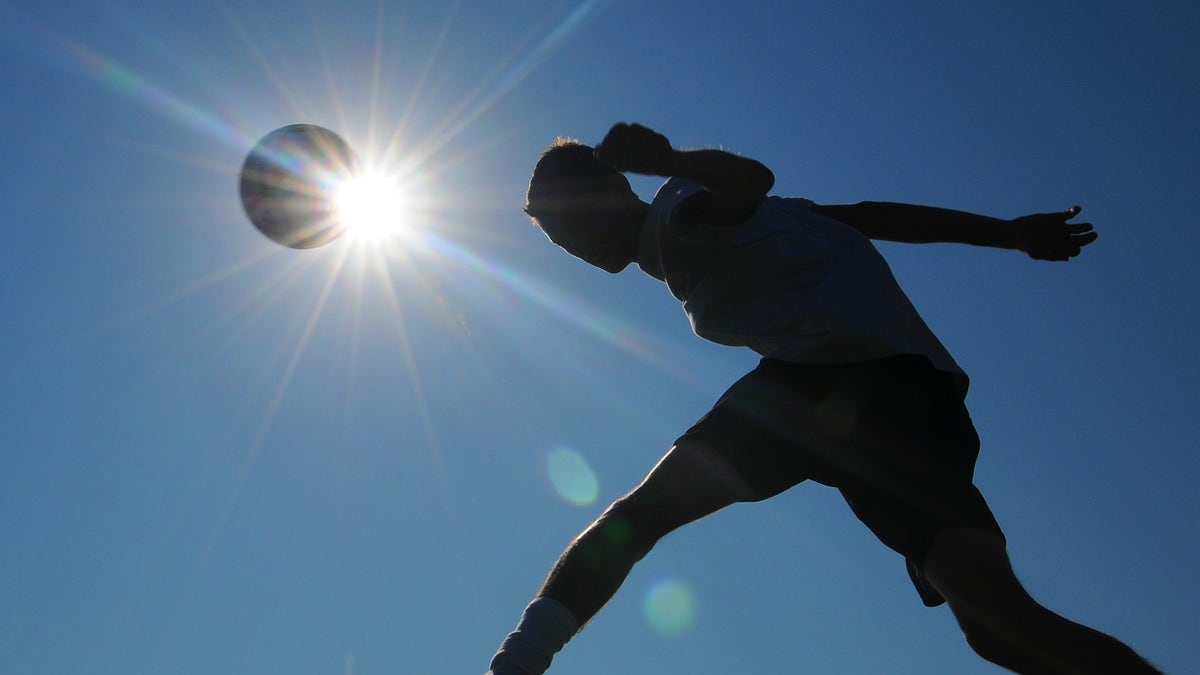
"Win or lose, I knew I was supported and [that] they loved me and were proud of me," one former high school athlete told Fox News Digital about his parents and how they handled his sports team involvement. (AP Photo/Salina Journal, Tom Dorsey)
"The most important thing about sports is becoming the results, not the experience," he told Fox News Digital in a recent phone interview.
Kids are now forced to ponder, he said, on a regular basis questions such as: "Are we number one? Who's the best player? How am I stacking up against someone next to me? What does this mean for my future in sports?"
AS KIDS PREPARE TO HEAD BACK TO SCHOOL, DOCTORS REVEAL HEAVY BACKPACKS HAVE TO GO
Said Sacks, "If you're in elementary school, the goal is to get on the varsity team once you're in high school. And when the kid is in high school, it's, ‘I want that college scholarship.’"
He added, "There needs to be a lot more education for parents around the investments of both time and money that they're making in youth sports, and the odds that their child is actually going to get those college scholarships."
Parents should ask: 'Whose experience is this — my child's, or mine?'
One 24-year-old former high school athlete from New Hampshire said that a kid who's struggling during a game "already knows he’s not playing well — he doesn’t need the "crushing pressure" of a dad yelling from the stands to ‘Come on, get going, fight for it!’"
This athlete continued, "I think it is funny and ironic that parents are always telling us to ‘de-stress’ and worrying constantly about our mental health — but those same parents will have no problem absolutely losing it on their kid during a game."
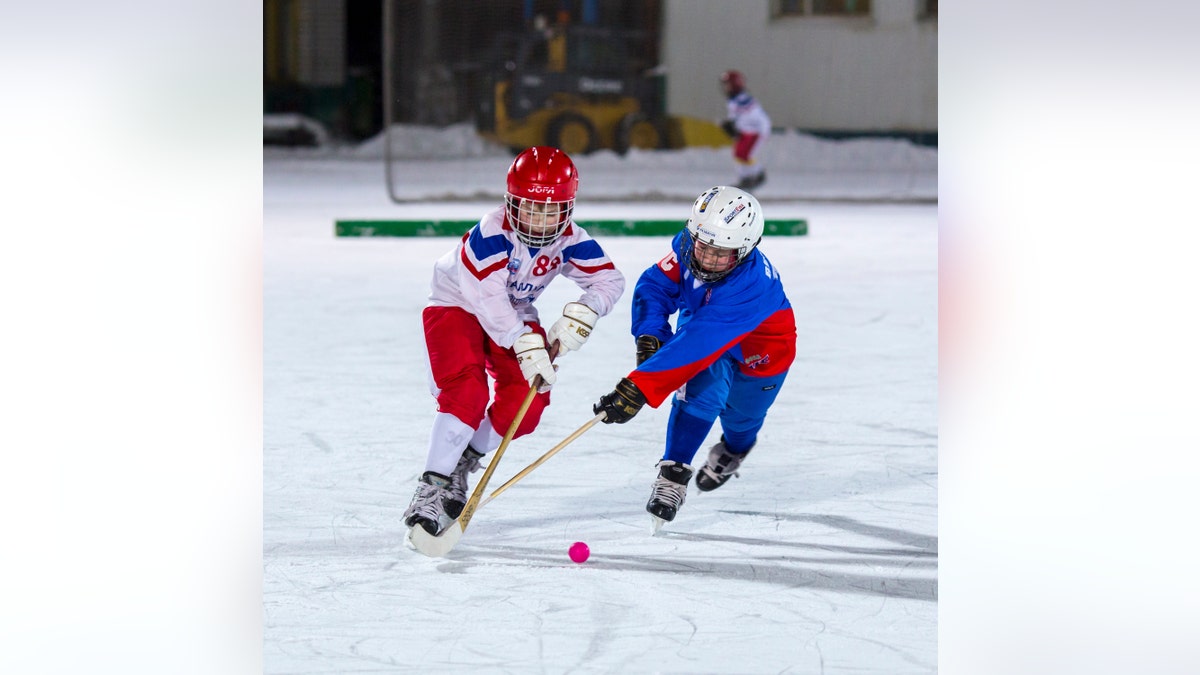
The pressure that young athletes feel today may be due to parents having access today to private coaches — and "also seeing what other people are doing [on social media] or a fear of missing out," said Jason Sacks, president of Positive Coaching Alliance in San Francisco. (iStock)
The young athlete added, "My parents were never like that. Win or lose, I knew I was supported, and they loved me and were proud of me."
Sacks said that parents need to examine their motives and their approaches when they involve themselves in a child’s game performance.
"As parents, we need to always be asking, ‘Is this really what my child wants? How much of this is a push from the child versus a push from me, the parent?'"
Parents should ask: ‘Are we giving our kids a chance to be social with other children?’
Sacks offered a few theories about why kids are under so much performance pressure today.
"It may be a combination of parents having access to more things like private coaches — and also seeing what other people are doing [on social media] or a fear of missing out, a ‘keeping up with the Joneses,’" he said.
"Also, many parents genuinely want to make sure their child has access to the best opportunities."
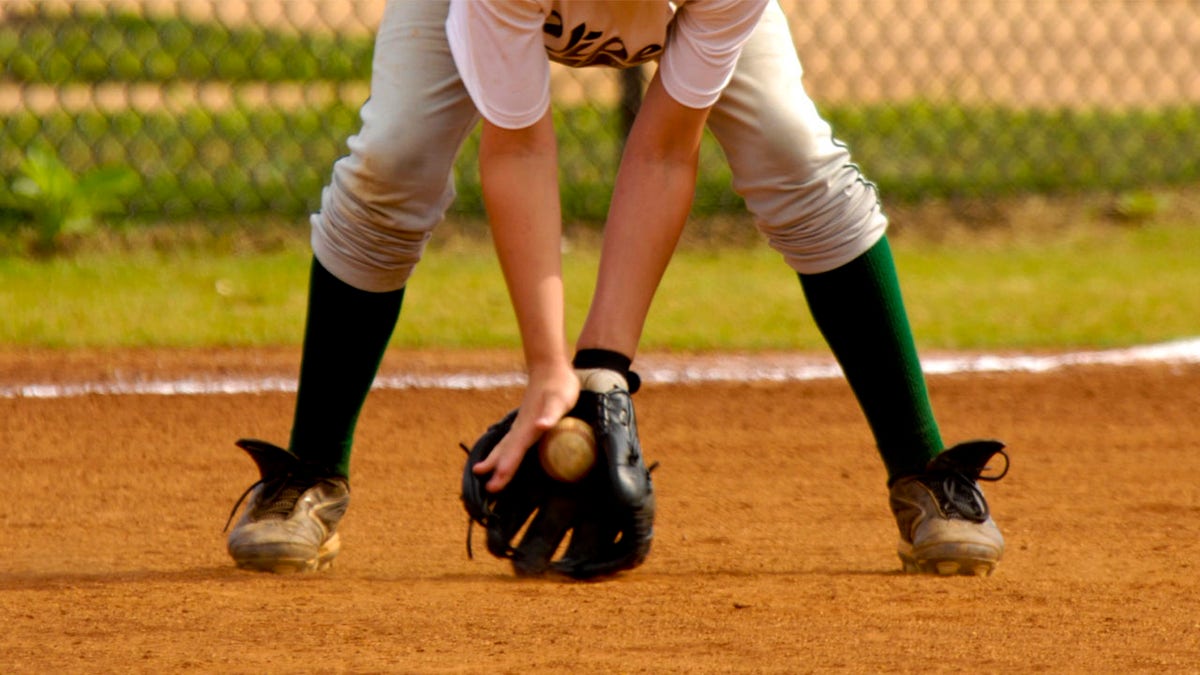
Decades ago, people tended to be focused on their own family activities — whereas today, partially due to social media, many are hyper-aware of what others around them are doing, suggested Sacks. (iStock)
Sacks drew a comparison to earlier times.
"Thirty or 40 years ago, we were a little bit more disconnected from others. We were focused on what our own family was doing," he said.
"Today," he continued, "if a kid isn't playing two sports a season, or isn't playing 70 games in the summer, then [the child is] getting left behind."
Many kids today say, "You know what? I’m good. I’m done."
Sacks said that the growth and commercialization of youth sports today means that there's "always yet another opportunity for them to play."
He said another important question that parents need to ask themselves is, "Are we giving [our kids] the opportunity to just be social with their friends?"
CLASSIC CHILDREN'S BOOK QUIZ! HOW WELL DO YOU KNOW THE REAL STORY OF THESE BOOKS?
Many kids around the age of 13 or so — after experiencing the mental and physical demands of their sports plus the parental pressure — say, "’You know what? I’m good. I’m done,’" noted Sacks.
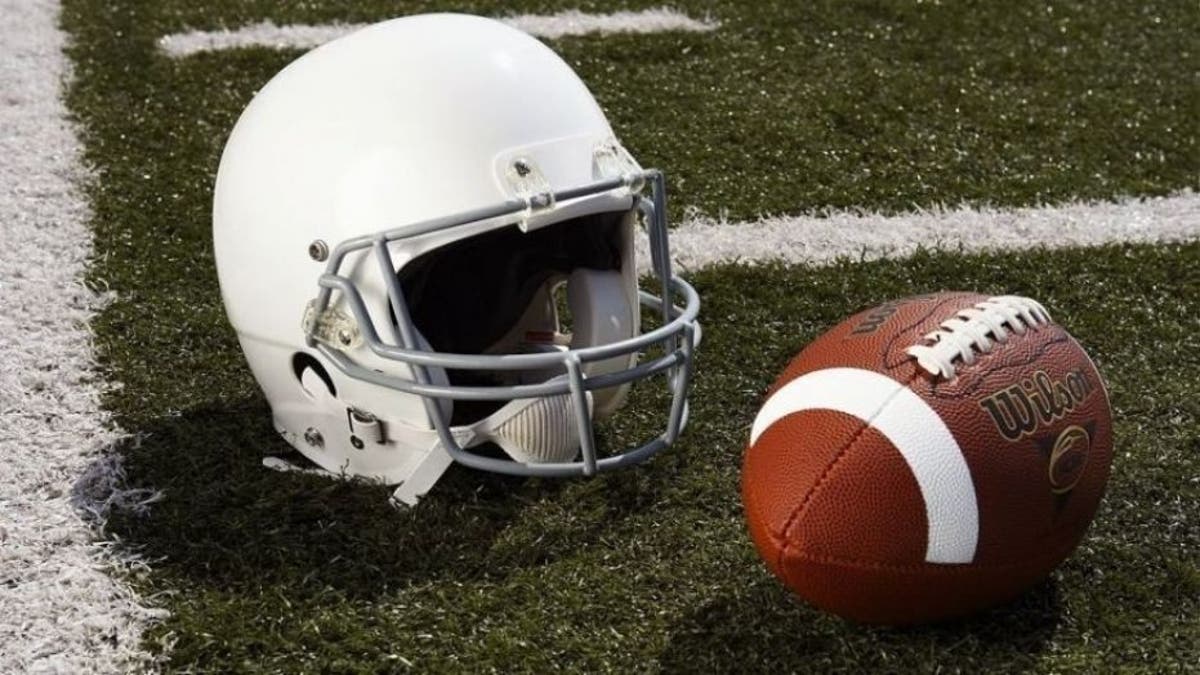
Parents should encourage "effort-based goals" rather than "results-oriented goals," Jason Sacks of Positive Coaching Alliance suggested. (iStock)
The experience that parents themselves may have had in the past "sometimes dictates positively or negatively what type of experience the child has," he added.
Parents should encourage "effort-based goals" rather than "results-oriented goals," Sacks pointed out.
"Winning is important. We join teams to compete hard, and to win," Sacks said.
"But if a kid is saying, ’I can't wait [to play] because I'm on the same team as my friends and it's going to be a fun season’ — that’s different than, ‘I hope we win a championship.’"
Parents should remember that kids need downtime
Dr. Joanne Broder, Ph.D, a psychologist in the Philadelphia area, said that "kids really need downtime."
"A lot of kids are really over-scheduled — there is a bad trend today of having kids signed up for multiple activities," she told Fox News Digital in a phone interview about the actions of families and parents.
There are "great lessons and values to be learned" from playing on a team, said Broder, including "group dynamics, learning to pay attention and handling pressure."
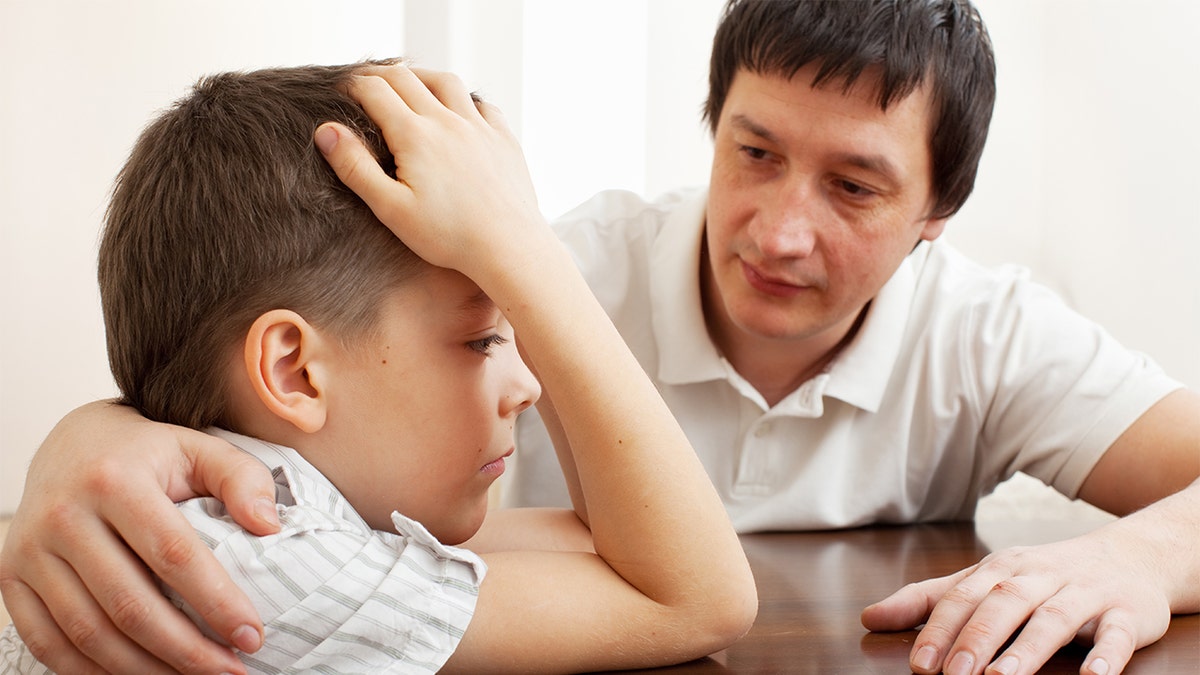
"As a kid, if your parents are super-invested in your success, what does that mean for you if you let them down?" said psychologist Joanne Broder. (iStock)
She continued, "While these are all great lessons, we have to remember: They're just kids."
"They're going to remember those snarky parents saying negative things to kids or even booing kids," she also said.
"They're going to remember it and they're going to have to heal from it."
"Downtime together as a family is so important … You're not going to get this time back."
Kids can get "very anxious" if they're on a "highly competitive team" and "their skills aren't up to par with the rest," she said.
It is during this situation that parents can offer support and encouragement, not more pressure, she indicated.
"As a kid, if your parents are super-invested in your success, what does that mean for you if you let them down?"
"Legacy sports" also offer unique challenges for kids who are trying to make their mark on the court, field or ice: "If a kid knows that their father or grandfather played at the same school they play for, that can lead to stress," she said.
Broder said parents should know "what their kid’s goals are."
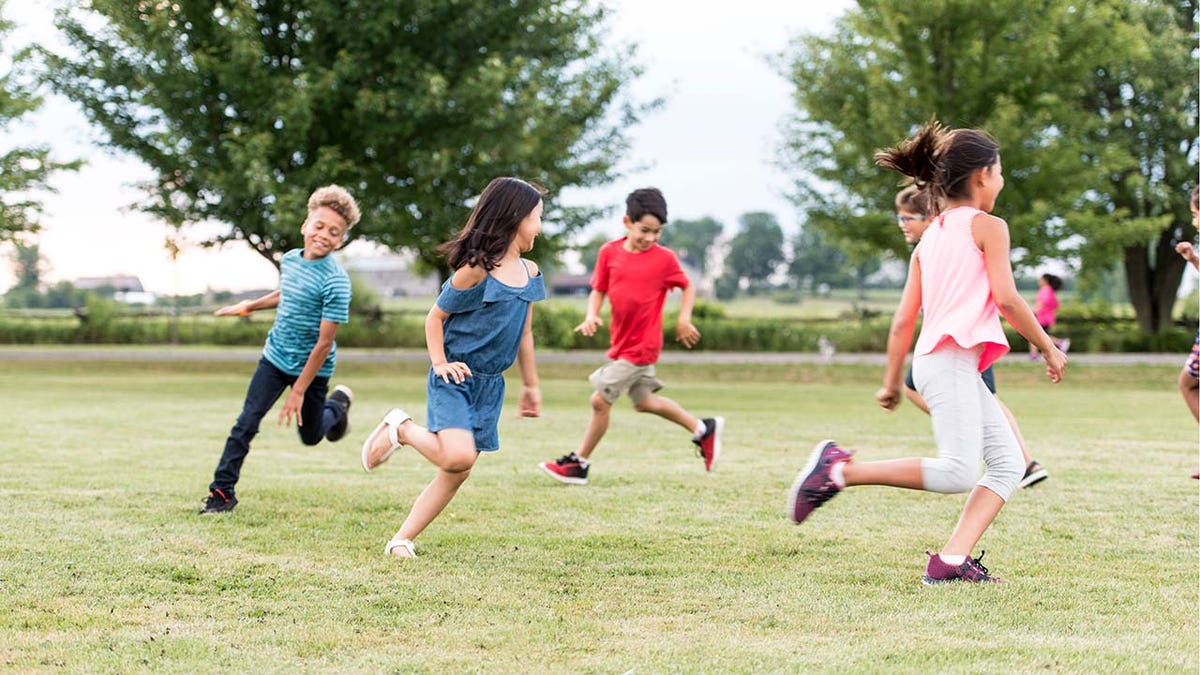
Kids need to "play with friends and have downtime every day," said one psychologist. (iStock)
"If you have a highly skilled, gifted athlete who is passionate about the sport, then maybe that kid needs that competitive atmosphere," she said.
"Just remember," she added, that "kids don't have the time to just roll around in the mud and climb trees anymore."
4 TIPS ON RAISING CONFIDENT CHILDREN: PARENTING EXPERTS
Broder offered an observation about parents’ words versus their actions when it comes to their children.
"One important thing we took from the COVID pandemic is that we're honoring our self-care," she said. "We're taking a few minutes to put our feet up and read, or do our yoga every day."
Kids need and deserve the same, she said. They need to "play with friends, and have downtime every day."
"Downtime together as a family is so important, too," she added. "You're not going to get this time back."
CLICK HERE TO GET THE FOX NEWS APP
She also said that when a child has to choose one sport over another to allow for more downtime and more time with friends — that carries its own valuable lessons.
"Life is about hard choices," she said. "Kids will learn that by choosing what sport or sports mean the most to them."



